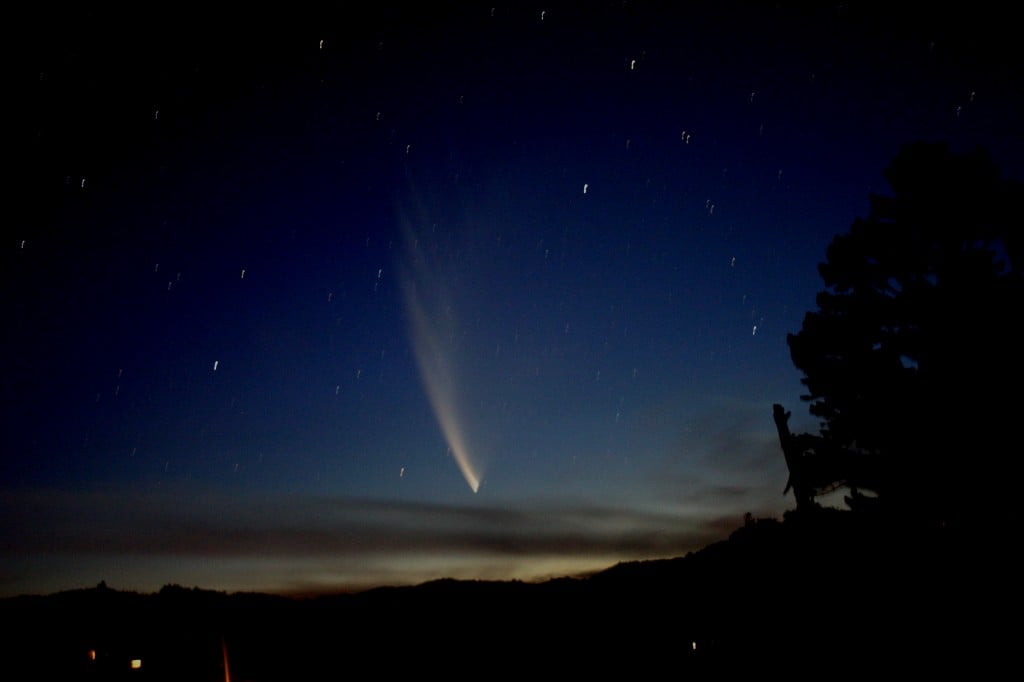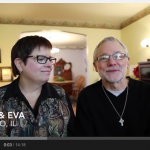 The following post is from Jason Bilbrey, our Director of Pastoral Care at The Marin Foundation. You can contact Jason with inquires connected to pastoral care at [email protected].
The following post is from Jason Bilbrey, our Director of Pastoral Care at The Marin Foundation. You can contact Jason with inquires connected to pastoral care at [email protected].
Here’s what I’ve heard countless times from conservative folks who email me asking for help: “I want to support _________ (my trans daughter, gay marriage, the queer community, etc.), but I don’t want to _________ (preach a watered-down gospel, be soft on sin, approve of that lifestyle, etc.).” I would estimate that about 60% of the emails I get as Director of Pastoral Care here at The Marin Foundation are from folks who feel prohibited from loving their neighbor because of the Bible’s seemingly hard-line stance against homosexuality.
If there’s one defining characteristic of Evangelicals, it’s our reverence for the Bible–the “Word of God,” as we call it. It can get a little extreme. In some circles, any argument you might make, without some kind of appeal to the authority of the Bible–a practice known as “proof-texting”–would be deemed “worldly.” That’s why the debate over creationism and evolution is, well, a debate. Conservative circles generally don’t accept arguments from science, no matter how much empirical evidence support them, if those arguments seem to contradict the literal interpretation of Genesis to which they ascribe.
Some Evangelicals feel emboldened by the Bible’s moral pronouncements. Others feel imprisoned by them. One of the metaphors that the Bible uses to describes its own role in the believer’s life is that of a lamp illuminating a darkened path. That light is pretty garish to some. Blinding for others. I’ll be the first to admit that being an Evangelical is really not much fun. So often we feel a pressure to profess our love for and adherence to the Bible, when, really, it frustrates us when we actually read it.
This is the predicament that many Evangelicals find themselves in when they contact me. They know queer folks, and actually like them a lot. “If only I was not a Christian and could fully embrace them,” they think, before shaking their heads with a quick prayer of contrition. These Christians actually feel threatened by their own affection for the LGBT community because it seems like a competing allegiance. The Bible, after all, warns against the seduction of worldly influences.
I get the impression that the Evangelical church is filled with silent masses who let the fundamentalists among them, the soldiers in this ‘culture war,’ do the talking. But they secretly love their ‘enemies.’ Which is a sentiment that’s actually pretty Christ-like, if it could only find an expression.
This is really where we come in here at The Marin Foundation. We want to give this secret love a very vocal expression. That’s what the I’m Sorry Campaign is about. Of course, the obvious message of the I’m Sorry Campaign is directed to the LGBT community: “We, the church, have been persecuting you for years, and that is not okay. Please forgive us.” But there’s another, more subtle message, and it’s directed at Evangelicals: “We can’t stay silent about this. Are we really going to let a handful of contested Bible versus dictate whether we show this community the love that Jesus commanded us to embody?”
Of course, those handful of Bible verses on homosexuality are important too. I spend a lot of time here at the Foundation detailing the full range of interpretation on these verses, including that of Pro-Gay Theology. It’s not black and white. I feel like half my job is just replacing answers with questions.
But that’s OK. Evangelicals don’t need to have all the answers in order to fulfill two greatest commandments, according to the Bible: love God and love others. That means standing in solidarity with the oppressed. Like Jesus did.
In order to influence Evangelicals, you have to play the proof-texting game. Your argument will be immediately dismissed if it does not appeal to the authority of this sacred text. It’s hard work, I know. The good news is, you have a lot to work with.
Much love.











